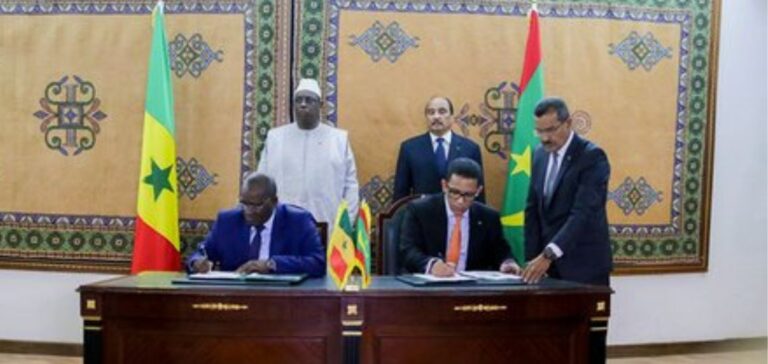The Grand Tortue Ahmeyim (GTA) field recently saw the arrival of the floating production and storage unit (FPSO). Located between Mauritania and Senegal, this major development comes after months of travel and numerous delays due to the pandemic. The unit, now anchored in the Atlantic, is ready to start production. It is also essential for gas production.
FPSO operation and capacity
Stationed around 40 kilometers offshore, the FPSO is connected by pipeline to the extraction wells located 80 kilometers further out to sea. It receives, processes and sends the natural gas to another floating unit, which liquefies it for transport. This floating infrastructure plays an important role in the gas value chain.
Economic impact and projections
The GTA project represents a multi-billion dollar investment. It is initially designed to produce around 2.5 million tonnes of liquefied natural gas per year. This production should not only satisfy domestic demand but also enable substantial exports. The entry of Senegal and Mauritania into the circle of gas producers is seen as an economic opportunity. In particular, with spin-offs expected in several sectors of their economies.
Challenges and future prospects
Despite the strategic importance of this project, it has been plagued by delays and cost overruns. This was due to the impact of the Covid-19 pandemic on its construction in China. Added to this are the necessary adjustments in the Singapore shipyards. The Mauritanian and Senegalese oil ministers recently indicated that production should begin in the third quarter of 2024. This start-up will mark the beginning of a new energy era for both countries.
The arrival of the FPSO at the GTA project symbolizes a significant step towards achieving the energy ambitions of Mauritania and Senegal. The project promises to transform the regional energy landscape and provide an economic boost to both nations.






















